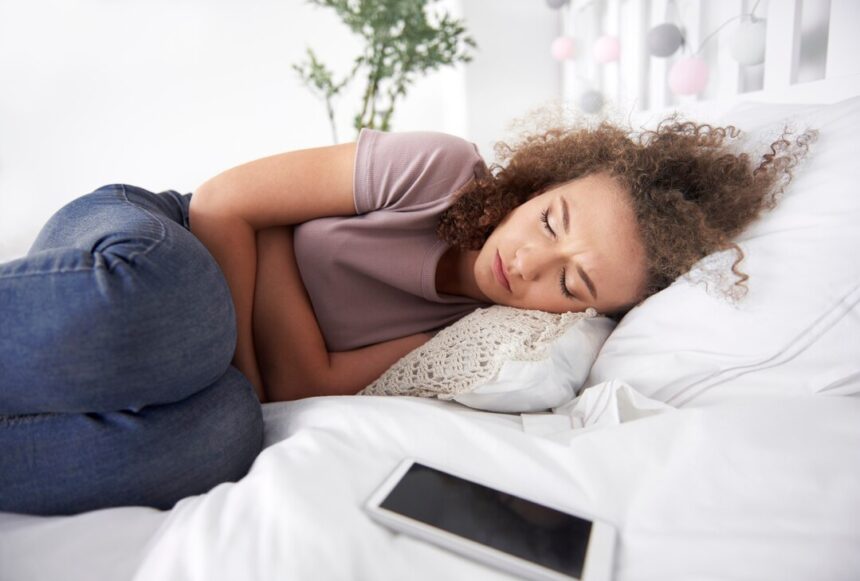Menstrual cramps, also known as dysmenorrhea, are a common and often painful experience for many women during their menstrual cycles. While over-the-counter medications can provide relief, there are also natural remedies that can help alleviate discomfort. Here are some tips for relieving menstrual cramps naturally:
1. Apply Heat: Heat is a simple and effective way to relax the muscles and ease menstrual cramps. You can use a heating pad, hot water bottle, or even a warm towel applied to the abdomen or lower back. Taking a warm bath can also provide relief and promote relaxation.
2. Exercise: Light exercise, such as walking, swimming, or gentle yoga, can help reduce menstrual cramps by increasing blood flow and releasing endorphins, which are natural pain relievers. However, avoid intense or strenuous workouts, as they may exacerbate cramping.
3. Herbal Teas: Certain herbal teas, such as chamomile, ginger, and peppermint, have anti-inflammatory and antispasmodic properties that can help alleviate menstrual cramps. Drinking a warm cup of herbal tea can soothe the muscles and provide relief.
4. Dietary Changes: Making dietary adjustments can also help manage menstrual cramps. Consuming foods rich in magnesium, calcium, and omega-3 fatty acids, such as leafy greens, nuts, seeds, and fatty fish, may help reduce inflammation and muscle tension. Additionally, reducing intake of caffeine, alcohol, and sugary foods can help minimize cramping.
5. Stress Management: Stress can exacerbate menstrual cramps, so finding ways to manage stress levels is essential. Practices such as deep breathing exercises, meditation, mindfulness, and progressive muscle relaxation can help alleviate both stress and menstrual discomfort.
6. Acupressure: Acupressure involves applying pressure to specific points on the body to relieve pain and promote relaxation. Massaging acupressure points such as the lower abdomen, lower back, and inner ankle can help alleviate menstrual cramps. You can also consider seeking the assistance of a trained acupressure practitioner.
7. Essential Oils: Certain essential oils, such as lavender, clary sage, and rosemary, have analgesic and anti-inflammatory properties that can help reduce menstrual cramps when used in aromatherapy or diluted and applied topically. Be sure to dilute essential oils properly and perform a patch test to avoid skin irritation.
8. Stay Hydrated: Drinking plenty of water throughout the day can help reduce bloating and ease menstrual cramps. Avoiding dehydration can also help prevent headaches and fatigue associated with menstruation.
9. Magnesium Supplements: Some studies suggest that magnesium deficiency may contribute to menstrual cramps. Taking magnesium supplements or eating magnesium-rich foods, such as bananas, spinach, and almonds, may help alleviate cramping symptoms.
10. Herbal Supplements: Certain herbal supplements, such as chasteberry (Vitex agnus-castus) and cramp bark (Viburnum opulus), have been traditionally used to relieve menstrual cramps. However, it’s essential to consult with a healthcare provider before taking any herbal supplements, especially if you have underlying health conditions or are taking medications.
While these natural remedies can help alleviate menstrual cramps for many women, it’s essential to listen to your body and consult with a healthcare provider if you experience severe or persistent cramping, as it may be a sign of an underlying medical condition. Additionally, individual responses to these remedies may vary, so it may take some experimentation to find what works best for you. By incorporating these natural remedies into your menstrual care routine, you can help manage discomfort and promote overall well-being during your menstrual cycle.










